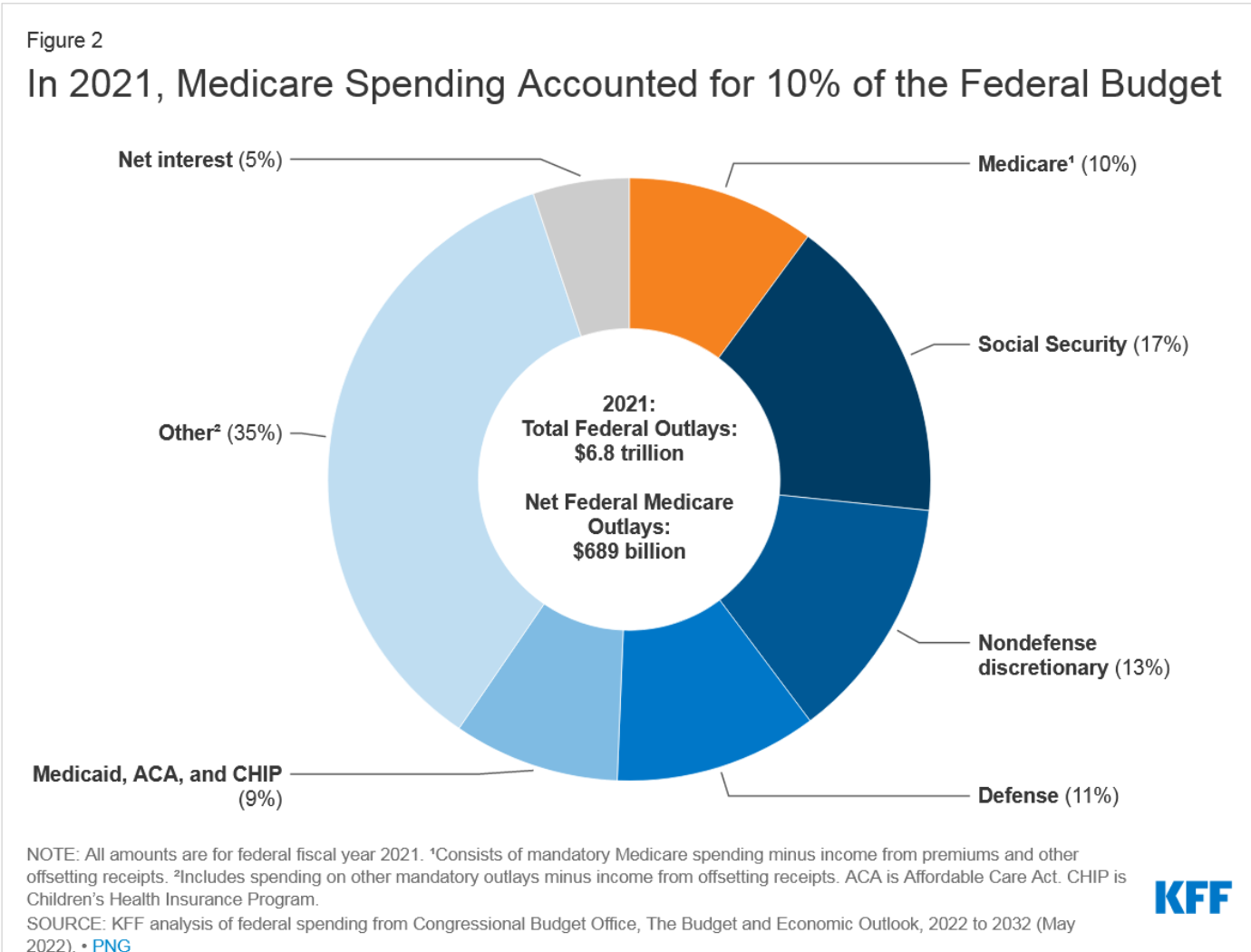The Daily Escape:

Lupine and poppies, near Glendale, AZ – March 2023 photo by Marion Cart
From Joe Perticone:
“Social Security and Medicare are headed for insolvency—that’s just a mathematical, demographic fact. But when it comes to addressing the problem, there’s virtually nothing the two parties actually agree on. For years, Republicans have waffled between proposing cuts and kicking the can down the road.”
Republicans are correct that Social Security (SS) and Medicare (M) are marching toward insolvency. But they trip over their own feet with their proposals to save them. Republicans are wrong to think they can solve the solvency questions without raising taxes. Once the Republicans take taxes off the table, they’re left without any real solutions to propose.
The Biden administration has done a good job in pre-emptively going after Republican’s ideas about cuts in Social Security and Medicare benefits. The result is that the GOP is squabbling between themselves and scrambling to come up with a plan they could take to the public.
It’s not just the federal debt that should be discussed. Dr. Donald Berwick head of Medicare and Medicaid during the Obama administration wrote in JAMA: (emphasis by Wrongo):
“A total of 41% of US adults, 100 million people, bear medical debts. One of every 8 individuals owes more than $10,000. In Massachusetts, 46% of adults say they skip needed care because of costs. As of 2021, 58% of all debt collections in the US are for medical bills.”
The WaPo explains why people who live in the American South have bad credit scores. It turns out that neither race nor poverty were the deciding factors. It was medical debt:
“Of the 100 counties with the highest share of adults struggling to pay their medical debt, 92 are in the South, and the other eight are in neighboring Oklahoma and Missouri…”
But why the South? Yes, as a region, it’s unhealthy. But there are several Northeastern states where residents struggle with chronic health conditions but have good credit. One thing that stands out is the lack of Medicaid:
“…a recent analysis in the Journal of the American Medical Association…found that medical debt became more concentrated in lower-income communities in states that did not expand Medicaid after key provisions of the Affordable Care Act took effect in 2014.”
So bad health and bad credit are because of Republican governors’ refusal to expand Medicaid to cover more poor people. Leave it to the south to show a MAGA future for all of us: undereducated, unhealthy, and neck-deep in debt.
More from WaPo:
“In states that immediately expanded Medicaid, medical debt was slashed nearly in half between 2013 and 2020. In states that didn’t expand Medicaid, medical debt fell just 10%, the JAMA team found. And in low-income communities in those states, debt levels actually rose.”
It’s probably not a surprise that deep medical indebtedness isn’t a threat in any other developed nation on earth. It isn’t a surprise that health care in the US costs nearly twice as much as care in any other developed nation, while US health status and longevity lag far behind.
Legislating in the US is always a process. That means Congress labors to find incremental gains they dress up as reforms. The 1983 deal struck by Reagan and Democratic Speaker Tip O’Neill is considered to be one of the great bipartisan compromises. It combined benefit cuts with revenue increases to put Social Security back on a sound financial footing that has lasted for decades.
This time, getting rid of the income cap on the SS tax would help to keep it funded for an additional 35 years. At that point the Baby Boom demographic bulge will be over, and a different set of reforms can be proposed.
Medicare is the second largest program in the federal budget, equaling 10% of the total. Medicare spending is also a major driver of long-term federal spending and is projected to rise from 4% of GDP in FY 2021 to about 6% in FY 2052 due to the retirement of the Baby Boom generation and the continuing rapid growth of per capita healthcare costs:

Medicaid accounts for another 9%. But it’s also the largest source of federal revenues for state budgets. As a result of the federal dollar matching structure, Medicaid has a unique role in state budgets as both an expenditure item and a source of revenue.
Over the next few years, we’re going to need to come up with solutions to the problem of what to do about growing health care costs that are (along with lower tax revenues from recent Republican tax cuts) driving our ever larger US budget deficits.
Both sides are going to have to compromise. There’s no way we’re going to balance the budget in 10 years (or ever) unless we talk about increasing revenues while slowing the growth in the costs of health care that our entitlement programs cover.

Both social security and medicare are, in terms of the budget self contained systems. Both can be fixed by raising taxes among those who benefit from the program. So when the GOP points to the debt – they are using these entitlements as a smokescreen. Even if (when) solved, the debt will remain. And that debt needs to be corrected by increasing tax revenues from the well to do and large corporations.
The other issue for the GOP is that the sunbelt and rural America in general get a tremendous boost from both. Cripple both programs and the sunbelt would be exposed as what it really is, backward and poor. Without medicare (and obamacare) rural hospitals would be in even worse shape. And social security is mostly spent as it is received, so the money goes right back into the community of the beneficiary.
The GOP treats all taxes as money taken out of the economy, but with these benefits, the money is spent and churned through several times in wages. In economics, the effect is the multiplier effect. By the way, taxes refunded to the wealthy are not spent that way, so a much smaller multiplier if any.
If you visit many rural areas, the largest employer in a county seat is a large hospital and the medical practices that surround it. These are, for rural America, the golden goose that can easily be killed.
Democrats are evasive of taxes but this is a game of chicken. So they don’t want to blink first.
The above comment makes several good comments that have practical significance for crafting bipartisan support for healthcare and Tax legislation in the short and midrange time frame. Democrats can do more than simply stifle their blink reflexes.